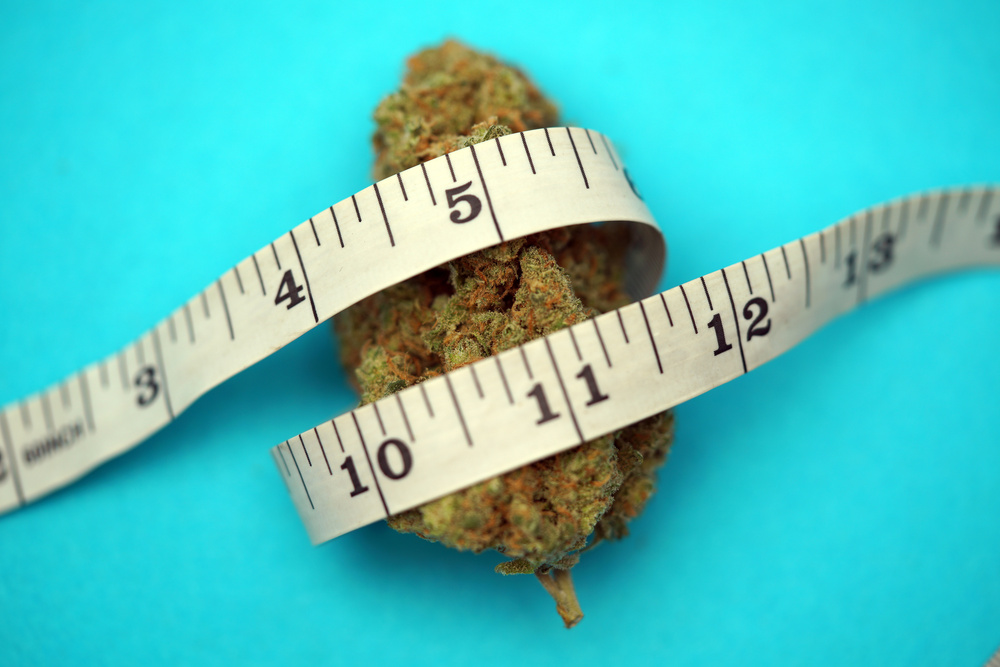You could make the case that legalizing marijuana in thirty-six states and the District of Columbia has led to more people using the drug than ever before. The numbers seem to point in that direction. And still, marijuana remains as divisive today as it was when the federal government banned it back in the 1970s. If you want to know why, you need to look beyond the numbers.
Forbes contributor Will Yakowicz reported in March 2021 that cannabis sales in the U.S. hit a record $17.5 billion in 2020. Sales were up 46% from the year before. That is incredible. Any industry would love to see that much year-on-year growth. Yet those numbers still don’t tell us why marijuana is divisive.
-
What People Think About Marijuana
We can look at other numbers, like those revealed in a Pew Research Center report from April of this year. That report suggests the following:
- 10% of Americans believe marijuana should be illegal
- 46% of American adults have used marijuana
- 86% in favor of legalization base their opinions on medical use
- 69% opposed to legalization believe marijuana is a gateway drug.
For the purposes of this post, the most important revelation from the Pew report is that opinions about legal marijuana vary by age. That fact is the crux of why marijuana is so divisive. Simply put, opinions on everything change over time. Pew data shows that support for legal marijuana is strongest among people between the ages of 18 and 29. Support goes down from there.
-
A Look at Market Penetration
We get further insight by looking at market penetration. Getting back to the Forbes report, Colorado has one of the most mature recreational use markets in the country. There, penetration is about 50%. In other words, half the adults in the state use marijuana. That is surprising when you consider that alcohol market penetration is about 60% nationwide. Marijuana is catching up, at least in Colorado.
The other side of that coin is Utah. According to Salt Lake City’s Beehive Farmacy, state lawmakers are very wary of allowing recreational use. Their program is strictly medical. Regulators hope to keep it that way. As such, market penetration in the Beehive State is a lot lower than recreational states.
What does any of this have to do with marijuana opinions varying by age? A lot. As a young person, what was your view of alcohol? Are you the kind of person who went to college parties for the sole purposes of getting drunk and having a good time? Did you go to bars for no other reason than to drink?
We inherently know that young people have more tolerant attitudes toward alcohol. We also know that as people age, they come to realize the dangers of excessive drinking. They tend to drink recreationally less often; they tend to binge drink very little, if at all.
-
With Age Comes Wisdom
The wisdom that comes with age makes it clear that using alcohol for the express purpose of relaxing and feeling good is risky. While older Americans ponder that, the medical profession constantly reminds us to avoid alcohol if we want to maintain a healthy lifestyle. Why so? Because the benefits of avoiding it outweigh the benefits of using it.
Marijuana is divisive primarily along age and political divides. It is divisive because one group sees no harm in it while the other sees just the opposite. Can we find a way around the divisiveness? Perhaps, if we agreed to treat marijuana the same way we treat alcohol.




